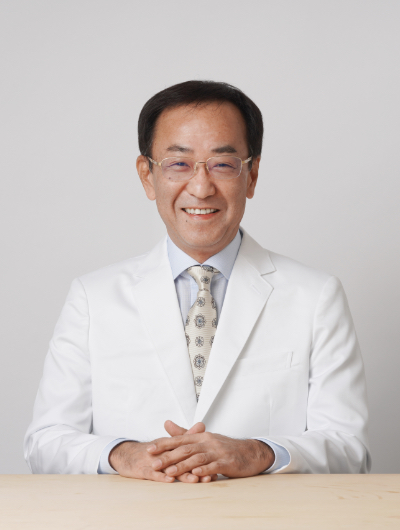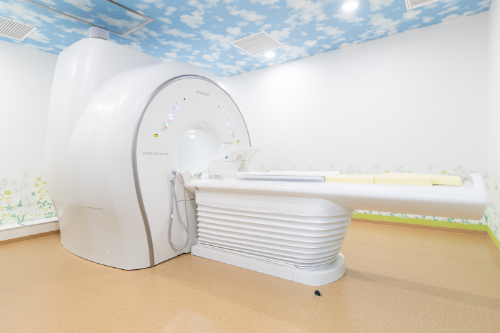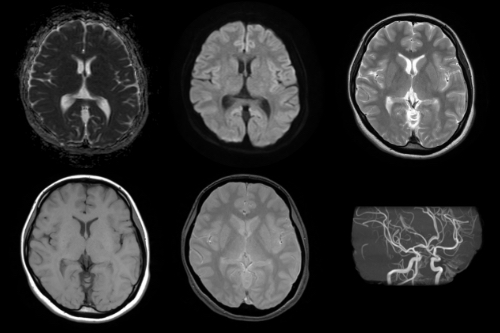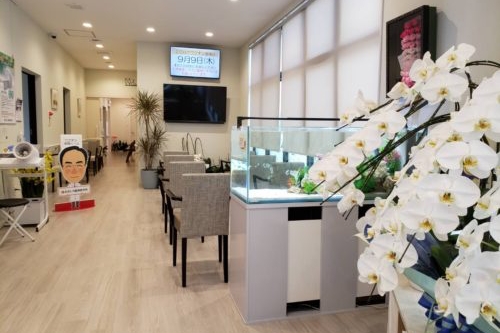福岡、宗像の脳神経外科「おおしろ脳神経外科」頭痛・めまい・認知症(物忘れ)・生活習慣病
OSHIRO BRAIN NEUROSURGERY

Oshiro Brain Neurosurgery
2-13-4 Miyata Munakata Fukuoka 811-3416
2-13-4 Miyata Munakata Fukuoka 811-3416
Shinya Oshiro (MD, PhD)
| 1988年 | Graduated from Fukuoka University School of medicine |
| 1996年 | University of California, Los Angeles Visiting Researcher |
Main place of employment
Fukuoka University, Okinawa Miyako Hospital, Sasebo Chuo Hospital, National Hospital Organization Fukuoka-higashi Medical Center
Fukuoka University, Okinawa Miyako Hospital, Sasebo Chuo Hospital, National Hospital Organization Fukuoka-higashi Medical Center
About Myself and our Clinic
For 35 years I have been utilizing both general and specialized approaches for successfully treating all head and brain injuries including stroke, brain tumors, dementia, head, etc. For most of my career, I worked at the Fukuoka East Medical Center and Fukuoka University Hospital. However, during this time I felt that there were certain institutional limitations which prevented me from fully addressing all of my patients’ needs and their families’ concerns. Although successful treatment of the symptoms is critical, prevention of disease represents an even more important factor when considering the independence and healthy life expectancy of a patient. Even without challenging surgical treatments or non-surgical medical interventions, it is not only possible but expected that patients will live satisfying and fulfilling lives without compromising their overall quality of life. Both I and my staff promise to make every effort possible for anyone who visits our clinic to solve their health problems and earn their lifelong trust.
At our neurosurgery clinic we treat patients presenting with a wide range of symptoms including but not limited to headaches, dizziness, numbness, light-headedness, forgetfulness, as well as all types of head injuries. Certain specific symptoms may be directly associated with strokes (i.e., headache, dizziness, numbness, slurred speech, difficulty speaking, etc.), one aspect of our expertise. Also, high blood pressure or hyperlipidemia, may indicate the presence of a lifestyle-related disease. We therefore listen carefully to your personal history and life habits, and then work with you to determine whether you need to alter aspects of your lifestyle, such as eating habits, physical activity, or exercise levels. We will work together with you to determine the most effective approach to altering and improving whatever lifestyle habits may be in need of a positive change.


Main symptoms of patients undergoing Neurosurgery clinic
Headache
Headaches are perhaps the most common neurological symptom that people experience. Headaches range in severity from a dull pain to an unbearable throbbing. Fortunately, most headaches occur without any abnormalities in the brain. However, headaches are occasionally one of the first signs of a possible life-threatening illness, such a as subarachnoid hemorrhage, a stroke, or a cerebral hemorrhage. A proper neurological examination is the first step in determining the possible cause of a headache. If you happen to have either chronic or recurring headaches, please do not hesitate to contact us. It is important to understand whether your headache “is just a usual headache”, or if it is the precursor to something potentially more serious.
Dizziness, light-headedness
Dizziness or lightheadedness is another common neurological symptom and often becomes more frequent with age. Types of dizziness include “spinning eyes” (rotary vertigo), a “fluffy body feeling” (similar to a floating sensation), and general lightheadedness or wobbliness on one’s feet. Causes of dizziness may include: i) inner ear problems which affect a person’s sense of equilibrium (or balance); ii) cardiovascular factors such as blood pressure; and iii) symptoms of brain diseases such as cerebral infarction, cerebral hemorrhage, or brain tumors. If you experience any of these types of dizziness, they may be a symptom of brain disease and require treatment. Please contact us about a consultation. If these types of symptoms are left untreated, they may lead to serious secondary medical issues (sequelae) or even untimely death. Additionally, nausea and/or feeling ill often occur during a dizzy spell or light-headedness. Should any of these symptoms occur, please don’t hesitate to contact us immediately if you are concerned.

Forgetfulness and Dementia
The brain functions as the command center for all of the body’s systems, its precise movements and its activities. If your brain isn’t working properly, not only will mental acuity be affected, but physical activity will also be inhibited. Specifically, “dementia” refers to a condition in which cells in the brain die or work poorly due to various potential factors or causes. This may result in various disorders which can lead to problems in one’s daily life. Please keep in mind that the word “dementia” does not refer to a single disease, but instead refers to a range of possible symptoms.
Injury – bump or cut
Whatever the head injury may be – If you happen to stumble and hit your head, or if your head is cut and bleeding, we can examine it, clean it and treat it appropriately. If you need stitches, we can take care of it minutes. If you require more intensive care, we will refer you to a nearby hospital for further treatment.
Nursing care, palliative care
Patients may require longer-term care following a stroke or worsening dementia. If you are uncertain about how to proceed with follow-up care, or how to use the long-term care insurance, please feel free to contact us with your questions.
If you have any questions about head or brain injuries, or would like to make an appointment, please contact us at the following phone number:












